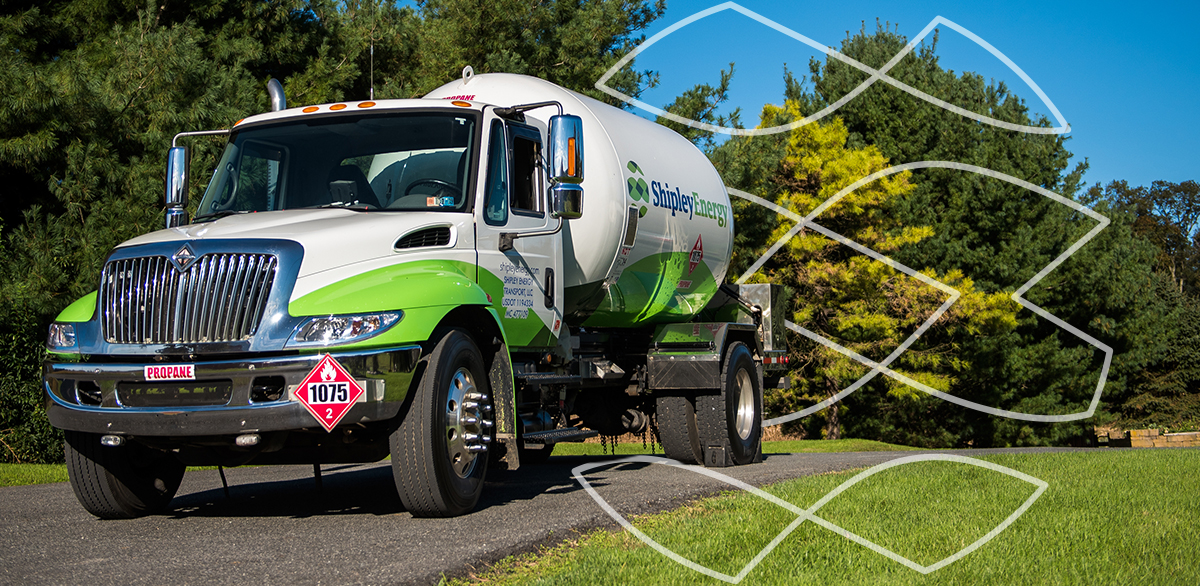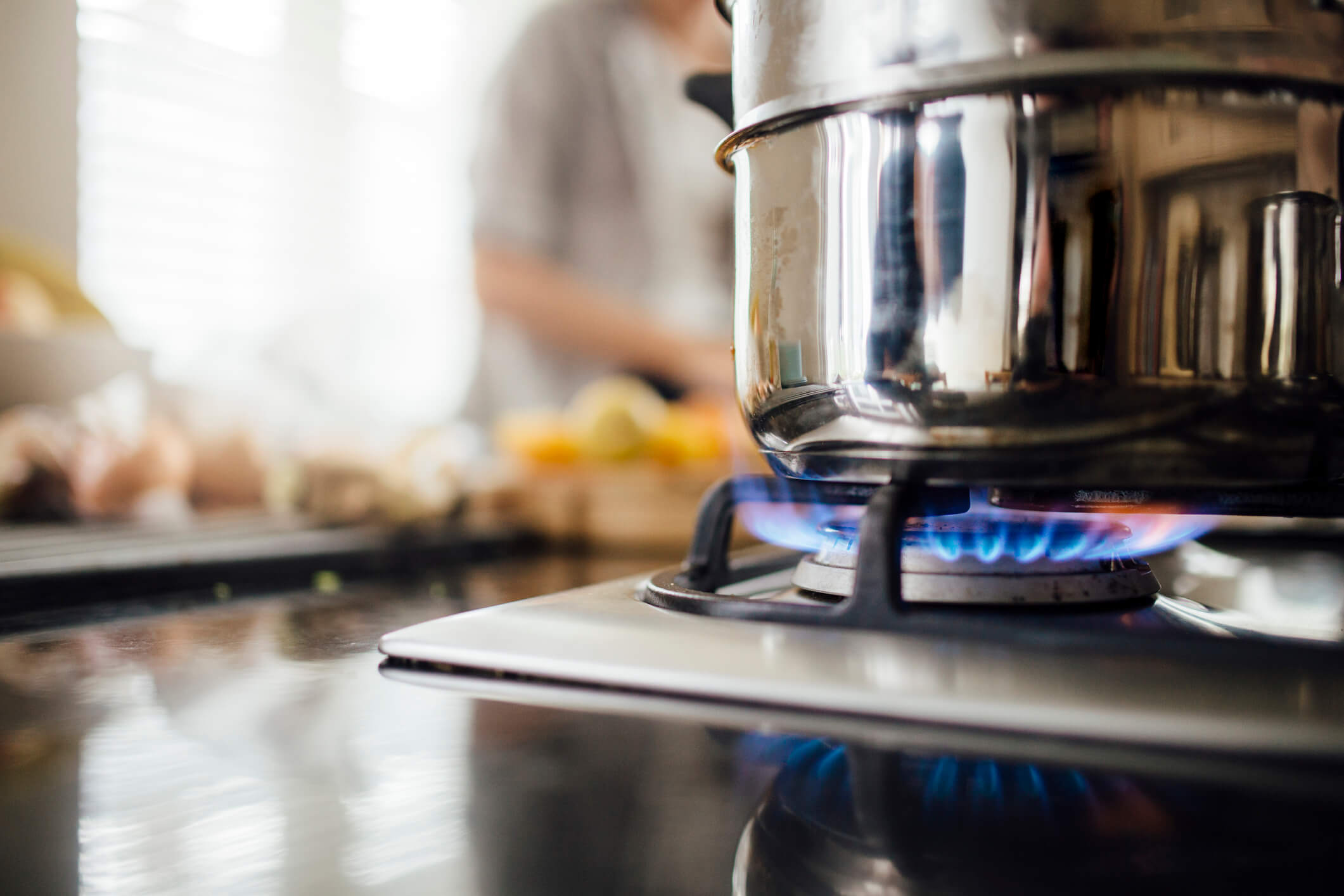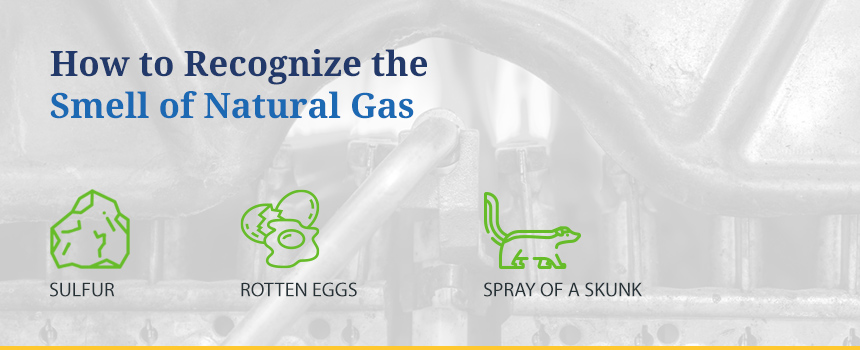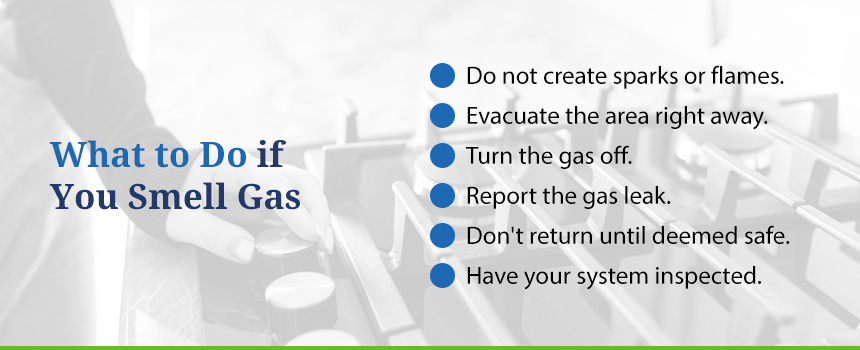- For Home...
Electricity
Natural Gas
Heating Oil
Propane
HVAC Services
- Get In Touch
Need a different solution?
We’re here to help!
- For Business...
- Delivered Fuel
Electricity
Natural Gas
Renewable Energy
HVAC Services
- Get A Quote
Our team is here to help!
- Wholesale...
Delivered Fuels
Fuels Services
- Get A Quote
Deliveries you can count on!
- Resources...
- About Us...
- Contact Us











